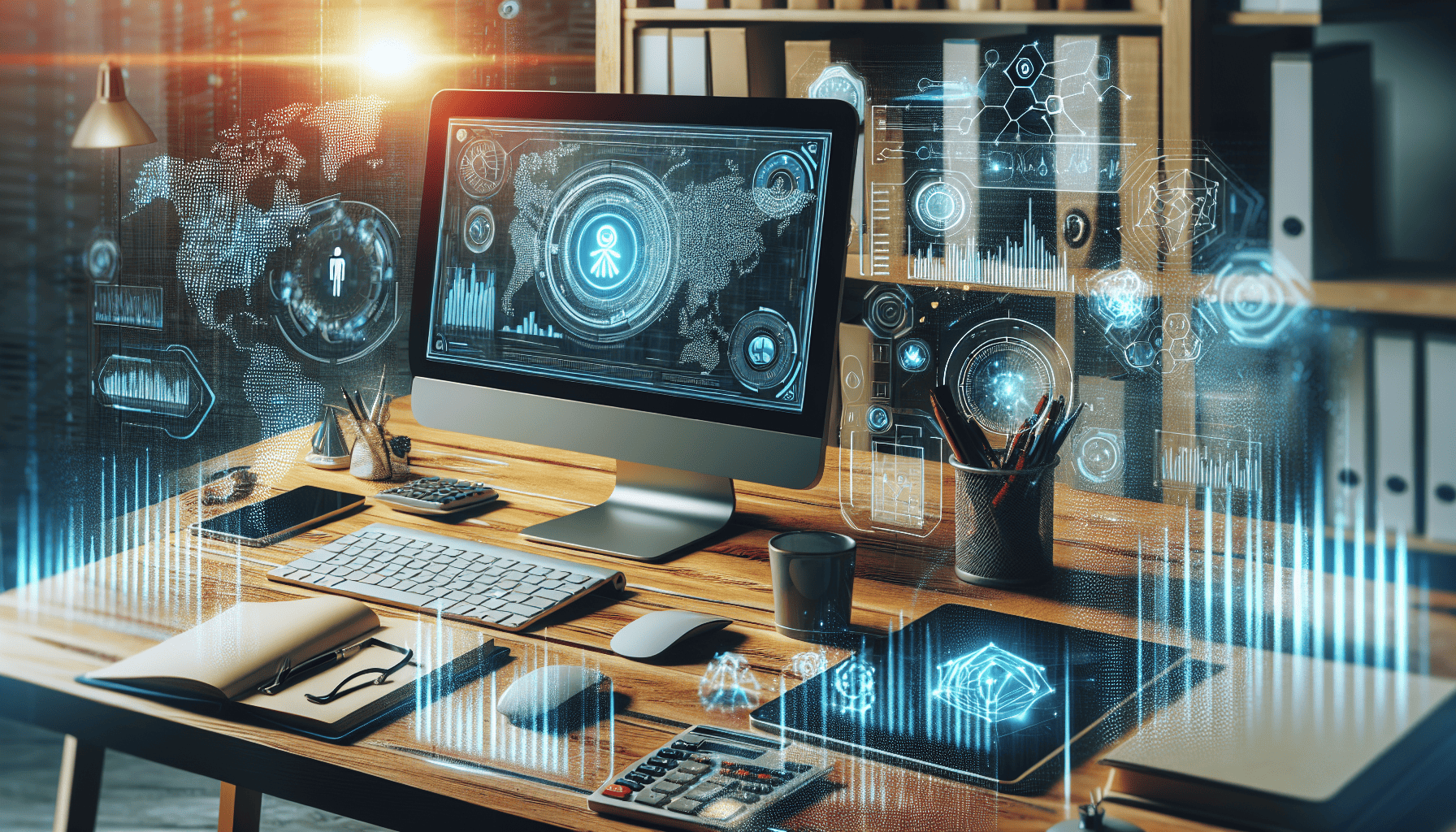As the digital era continues to unfold, the accounting industry is witnessing a technological metamorphosis that is revolutionizing traditional practices. Emerging technologies like artificial intelligence (AI) and blockchain are at the forefront of this transformation, offering innovative solutions to streamline processes, enhance accuracy, and improve efficiency within the realm of accounting. This article delves into how these advanced technologies are reshaping the industry, offering a glimpse into the future of accounting.
Artificial Intelligence (AI)
Artificial intelligence is progressively becoming an indispensable part of the accounting toolkit. AI technologies are designed to manage and analyze vast amounts of data far more quickly and accurately than humanly possible. By automating routine and mundane tasks such as data entry, invoice processing, and compliance checks, AI liberates accountants to focus on more strategic and value-added activities like financial planning and analysis.
Moreover, AI-driven software can identify patterns and anomalies in financial data that might otherwise go unnoticed. Machine learning algorithms, a subset of AI, continuously learn from new data inputs, thereby improving their accuracy over time. This capability is particularly beneficial for fraud detection and risk management, where the slightest oversight can have significant consequences.
Natural language processing (NLP), another branch of AI, is enhancing the way accountants interact with data. By allowing systems to understand and respond to human language, NLP can generate insightful reports, automate note-taking, and even interact with other software applications to provide real-time financial insights. This facilitation of seamless interaction between technology and users elevates the role of accountants from data custodians to strategic partners.
Blockchain Technology
Parallel to AI, blockchain technology is also emerging as a game-changer in the accounting world. At its core, blockchain is a decentralized ledger that records transactions across many computers in such a way that the registered transaction cannot be altered retroactively. This inherent quality of immutability ensures that records are transparent and tamper-proof, reducing the risk of fraud and errors significantly.
Blockchain’s greatest contribution to accounting lies in its potential to enhance auditability and accountability. By providing a clear, immutable record of all transactions, blockchain enables more straightforward, faster, and more accurate audits. This transparency not only aids auditors but also instills greater trust among stakeholders, as they have greater assurance of the integrity and reliability of financial records.
The adoption of smart contracts, which automatically execute and enforce the terms of an agreement, adds another layer of efficiency. This aspect of blockchain significantly reduces the need for intermediaries and lengthy verification processes, thereby streamlining transactions and saving both time and resources.
The Integration Imperative
While the benefits of AI and blockchain are substantial, the real magic happens when these technologies converge and integrate into existing accounting structures. Such integration promises not only enhanced capabilities but also the chance to create entirely new models of financial management that were previously unattainable.
The journey towards embracing these technologies requires accounting firms to invest in their technological infrastructure and upskill their workforce, fostering an ecosystem where human expertise and machine intelligence complement each other.
Conclusion
The technological revolution in accounting is akin to the introduction of the double-entry bookkeeping system centuries ago - it holds the potential to redefine industry standards and practices. As AI and blockchain technologies continue to mature, their ability to transform the landscape of accounting will only grow. Firms that proactively embrace these innovations will not only streamline their processes but also lead in delivering strategic insights and enhanced value to their clients. The future of accounting lies in this harmonious blend of human intuition and machine precision, promising a dynamic, efficient, and transparent financial ecosystem for all stakeholders involved.
